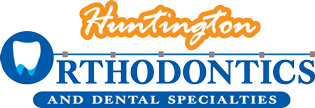Teeth are removed for a number of reasons. Some teeth are removed because they are severely decayed; others may have advanced periodontal disease, or have broken in a way that cannot be repaired. Other teeth may need removal because they are poorly positioned in the mouth (such as impacted teeth), or in preparation for orthodontic treatment.
The removal of a single tooth can lead to problems related to your chewing ability, problems with your jaw joint, and shifting teeth, which can have a major impact on your dental health. To avoid these complications, we will discuss alternatives to extractions as well as replacement of the extracted tooth with an implant, bridge, or partial denture.
Anesthesia
We are always concerned about your comfort. Tooth removal is a surgical procedure that can be mentally as well as physically traumatic. Even though the procedure may be pain free, patients feel pressure when teeth are removed. For some individuals, use of a local anesthetic may be sufficient for adequate anesthesia. For others, either intravenous or oral sedation will help calm them and make the procedure endurable. You can discuss your sedation options with your dentist.
Treatment
Removal of teeth is a surgical procedure, which may require incisions, bone removal and/or sectioning of teeth. Sectioning of teeth is done in order to facilitate tooth removal and to protect delicate surrounding structures. In most cases dissolvable stitches are placed and sometimes a post-operative visit is necessary.
